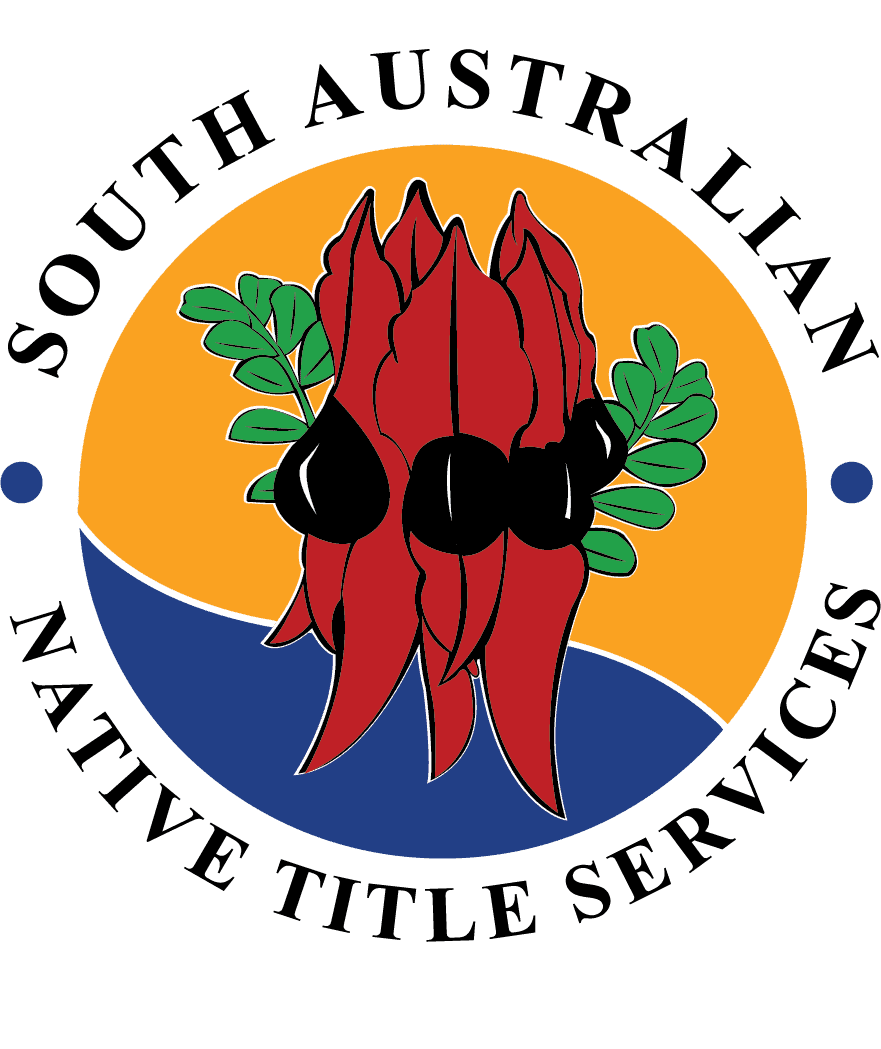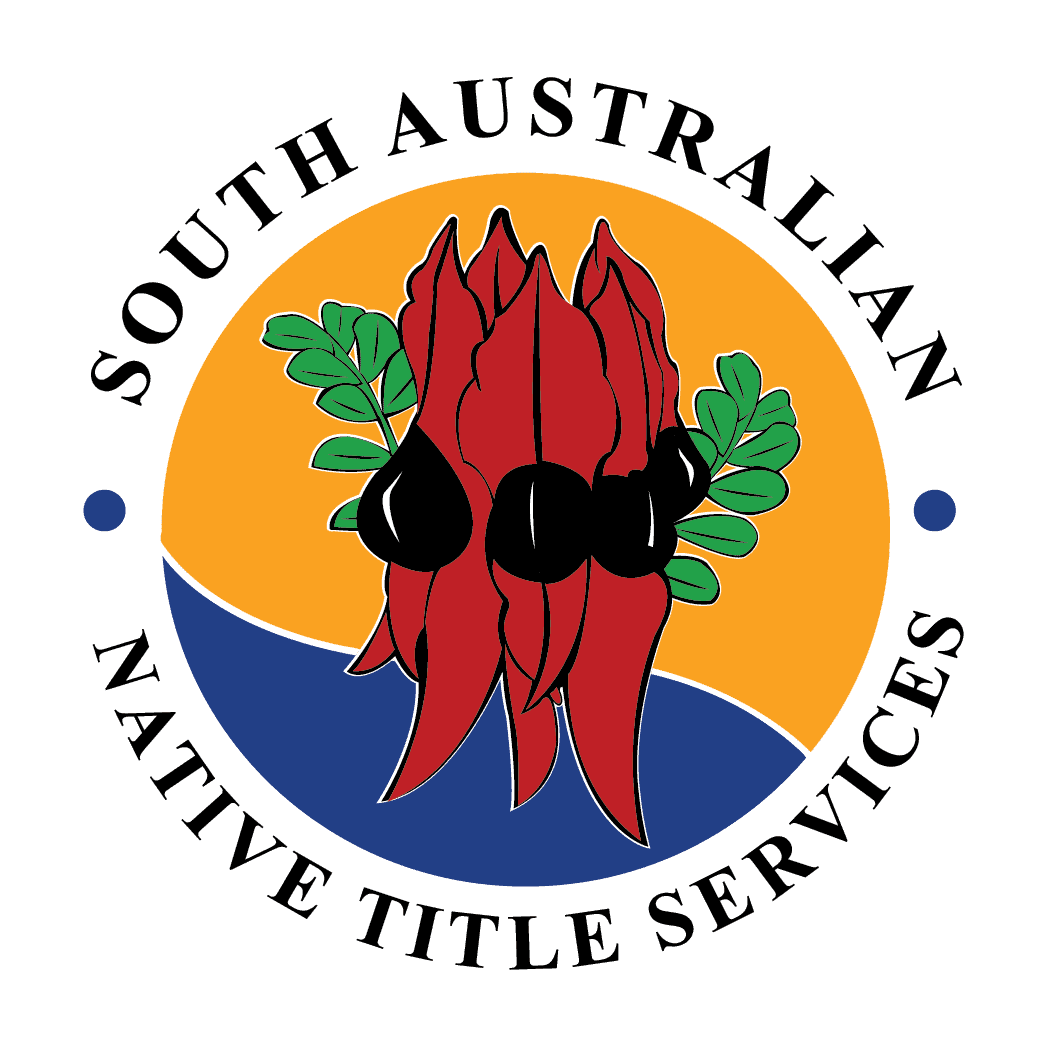Faqs
General
Native title cannot take away anyone else's valid rights including owning a home, holding a pastoral lease or having a mining lease. Native title can only be claimed in areas where it hasn't been extinguished (removed). Native title may exist on:
- vacant (unallocated) Crown land
- some state forests, national parks and public reserves depending on the effect of state or territory legislation establishing and possibly vesting those parks and reserves
- oceans, seas, reefs, lakes and inland waters
- some leases, such as non-exclusive pastoral and agricultural leases, depending on the state or territory legislation they were issued under
SANTS commenced operations on the 1st July, 2008 following recognition as the Native Title Service Provider by the Commonwealth Minister for Aboriginal Affairs.
Native Title is the recognition by Australian law that Aboriginal and Torres Strait people had a system of law and ownership of their lands before European settlement. Native title refers to where the traditional connection to land and waters has been maintained and where government acts have not removed it. The native title of a particular group will depend on the traditional laws and customs of those people. As traditional laws and customs vary in each group, so can the rights and interests in a particular area that is being claimed.
Native title is governed by the Native Title Act 1993.
Native title may exist in areas such as:
- Vacant Crown lands
- Some national parks
- Forests and public reserves
- Some types of pastoral lease
- Some land held for Aboriginal communities such as beaches, oceans, seas, reefs, lakes, rivers, creeks, swamps and other waterways that are not privately owned
Public right of access to these areas is not affected. Government acts such as the issuing of a pastoral lease or the granting of freehold title either mean Indigenous connection cannot be expressed in Australian law or it can only be partially expressed (that is, native title might be suppressed or extinguished by other acts).
Native title cannot take away anyone else's valid rights and is extinguished on:
- Privately owned land (this includes family homes and privately owned freehold farms)
- Residential, commercial and certain other leases
- Areas where the Government has built schools, roads and other public works
These areas of land cannot be claimed when a native title application is lodged.
Co-existence is about sharing the land or waters in a way that recognises everyone’s rights and interest in the area eg, native title holders' rights to go onto the land or hold ceremonies on it may co-exist with the rights of a pastoral leaseholder to graze cattle on that same land.
People who hold native title have the right to continue to practice their law and customs over traditional lands and waters while respecting other Australian laws. This could include:
When a native title claimant application is registered with the National Native Title Tribunal, the people seeking native title recognition gain the right to negotiate with anyone who wants to undertake a project on the area claimed. For example, projects could include mining development or mineral exploration or the construction of a Marina.
Native title holders may have the right to be compensated if governments acquire their land or waters for future developments.
A Consent Determination is a decision by the Australian court or other recognised body that native title does or does not exist in a particular area. This is made when parties have reached an agreement through a mediation process.
Mediation is a way of reaching a final decision about native title over a particular area of land or water. It allows all people involved to explore ways to reach agreements. During the mediation process the parties involved meet to discuss the Native Title application with the aim to reach agreements that respect everyone’s rights and interests in that area.
A Future Act is a proposed activity or development on land or water that may affect native title either by extinguishing it or creating interests that are inconsistent with the existence or exercise of native title eg, the granting of mining or exploration rights and the compulsory acquisition of native title.
An ILUA is a voluntary agreement about the use and management of particular areas of land or waters which can be made between one or more native title groups with miners, pastoralist or governments. Once an ILUA is registered it becomes legally binding to the people who are party to the agreement and all native title holders for that area.
The registration test is a condition applied to a native title claim group application. The native title claim group must satisfy the conditions of the registration test in order to get certain rights to have a say about proposed developments in the claim area. If the registration test is completed and passed, the claim group gain the right to negotiate the right to oppose non-claim group applications and certain other rights while their claim is pending.
They may also gain confirmation of the right of access to places within the claim area to carry out traditional activities if they already have had regular access to that area. It does not give the claim group the right to stop projects going ahead, but means that they may have a say about some proposed developments.


 Protected by Patchstack
Protected by Patchstack